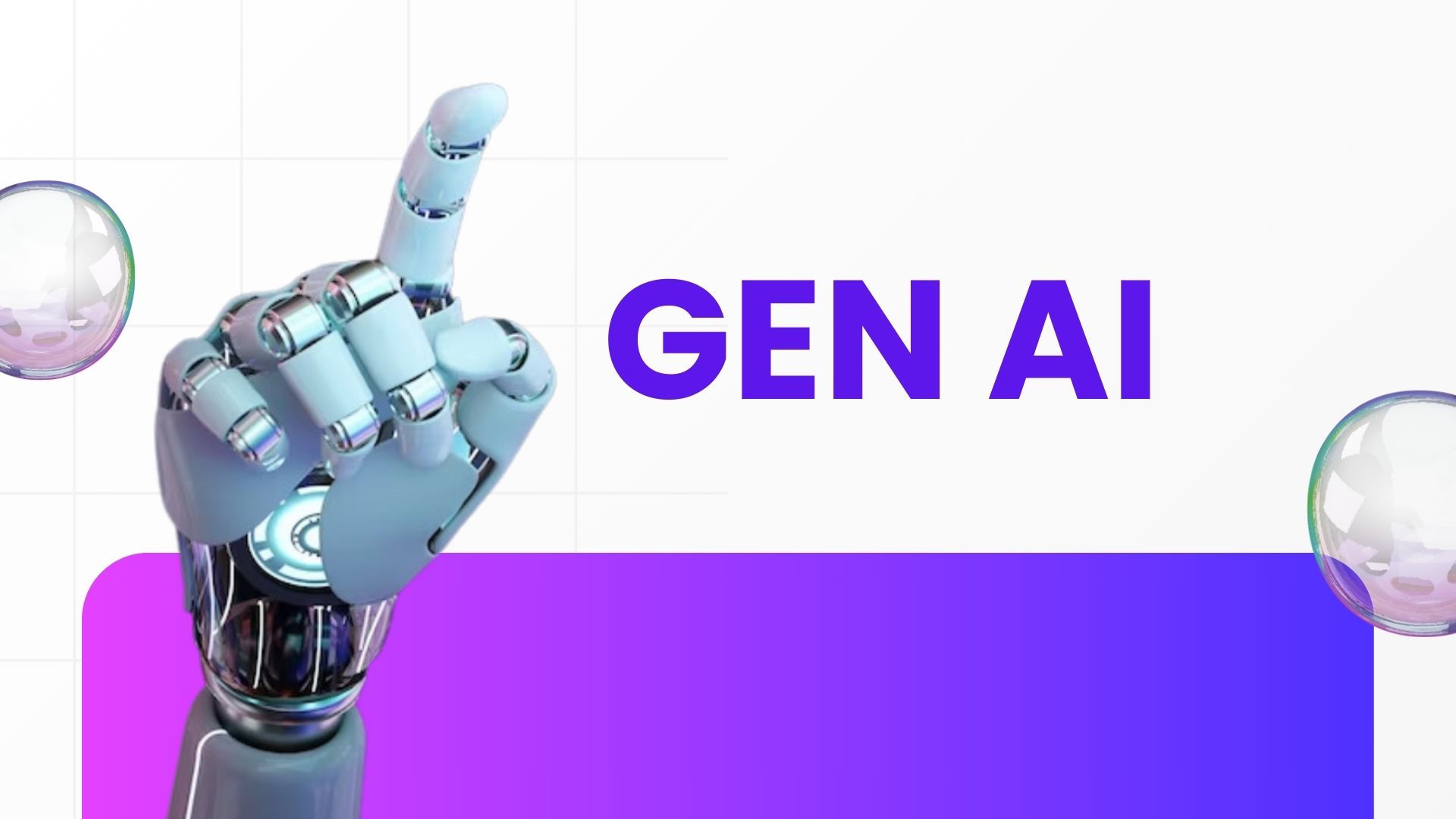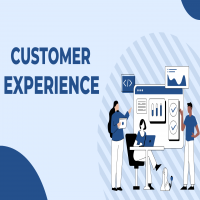How do AI-powered voice Assistants Transform Healthcare Operations?

Strong 8k brings an ultra-HD IPTV experience to your living room and your pocket.
Artificial intelligence is taking over all industries, it has transformed daily operations and changed the way how businesses work. AI powered voice assistants are booming in the healthcare industry. AI-powered voice-activated solutions streamline healthcare workflow and patient management. These voice assistant creates a conversational experience similar to humans by combining neural networks, speech recognition & NLP and can respond to patients, automate clinical documentation, do virtual consultations, and create prescription reminders.
In addition to giving medical staff more time, this enables people to take charge of their health management remotely. However, how can you integrate these AI-powered voice assistants to transform healthcare operations? Partnering with a Generative AI consulting company can help you do wonders in your healthcare operations with voice-enabled AI. This blog will help you understand how AI-powered voice assistants transform healthcare operations.
How AI-powered Voice Assistants Transform Healthcare Operations
AI-powered voice assistants transform patient interaction with personalized and 24/7 support. These assistants, driven by Natural Language Processing (NLP) and Machine Learning (ML) algorithms, cater to various patient needs, enhancing accessibility and efficiency. Let’s understand the applications:
1. Helps in Appointment Scheduling & Reminders
Voice assistants streamline the appointment scheduling process through integration with Electronic Health Record (EHR) systems. Patients may easily make, change, or cancel appointments with voice commands. Automated reminders also guarantee that patients follow their medical schedules, reducing the number of missed appointments.
Also Read: How is Generative AI Transforming Healthcare: Complete Guide
2. Improves Medication Management
Medication management is essential, particularly for elderly and chronic patients. AI voice assistants have the ability to remind users to take their medications. By connecting with pharmacy systems, these assistants can notify users of possible drug interactions and renew prescriptions, increasing adherence and decreasing errors related to manual tracking.
3. Enables Symptom Checking and Preliminary Diagnosis
Patients can be guided through symptom-checking procedures by voice assistants that are outfitted with sophisticated natural language processing algorithms. These assistants can offer information about potential illnesses by posing focused questions and examining the patient's answers. Additionally, it offers suggestions for emergency intervention or urgent care. By guiding patients to the right healthcare resources, these innovative solutions provide invaluable pre-consultation assistance.
4. Telehealth Integration
Patients can plan virtual consultations, get ready for online appointments, or get follow-ups after a consultation thanks to voice assistants' easy integration with telehealth platforms. This integration guarantees effective care delivery while lowering administrative burdens.
Benefits of AI-powered Voice Assistants in Healthcare
Improvement in Patient Outcomes
By extracting vocal biomarkers from a patient's voice, voice AI is critical in improving patient outcomes by identifying and elucidating various disorders, including mental health issues and respiratory diseases. For example, Cardio uses mobile device voice samples to identify lung fluid accumulation—an essential sign of congestive heart failure (CHF) in its early stages. As a result, early intervention is made possible, potentially saving lives. Furthermore, the overall effectiveness of healthcare procedures is improved by the smooth integration of Voice AI into clinical workflows and electronic health records (EHRs).
2. Improved Patient Experience
To develop individualized health profiles, voice assistants can collect patient information, including age, current drugs, symptoms, and medical history. The patient experience can be enhanced by using these profiles to determine the urgency of their needs and recommend qualified specialists for follow-up or consultation. Additionally, the assistants can instantly give patients with accurate and often updated health information when they have queries.
3. Increase Efficiency and Cost Saving
In order to keep a formal medical record, healthcare providers might orally document their observations, conclusions, and judgments regarding patients' ailments. Compared to typing detailed notes by hand, this method is faster. With AI powered voice assistants staff members get more time for more strategic work by automating processes like data entry, report preparation, and meeting scheduling. This automation lowers labor expenses by eliminating the need for specialized workers in these positions and offering round-the-clock support.
Conclusion
Gen AI-powered voice assistants in healthcare seem to have a bright future. Introducing NLP applications, LLM, and AI-powered physicians with virtual assistants will likely be crucial to healthcare delivery. These developments will change medical professionals' decision-making, predictive analytics, and personalized treatment. NLP's ability to manage unstructured data and deliver actionable insights will optimize workflows and enhance patient care.
Collaborating with an organization offering generative AI consulting services ensures the effective implementation of voice-enabled healthcare solutions. To ensure compliance with security and privacy standards, specialists can help hospitals integrate AI-powered voice assistants with their current EHRs, telehealth platforms, and other systems.
Note: IndiBlogHub features both user-submitted and editorial content. We do not verify third-party contributions. Read our Disclaimer and Privacy Policyfor details.







